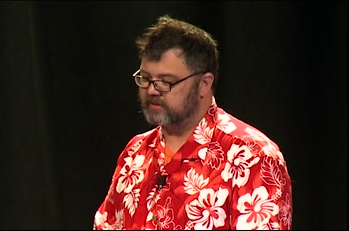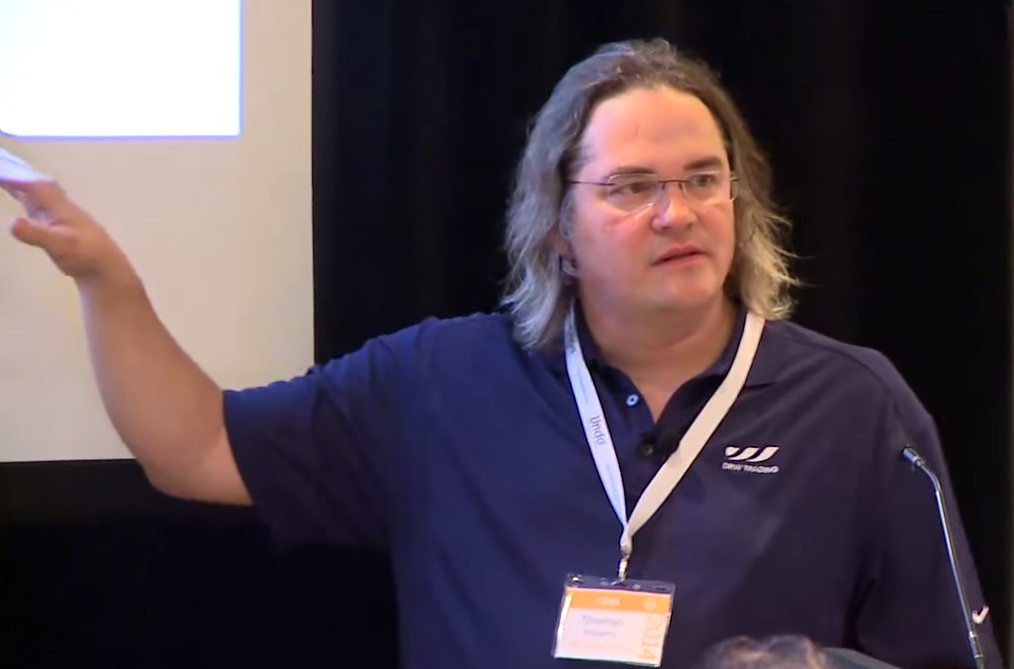CppCon 2014 Data-Oriented Design and C++--Mike Acton
 While we wait for CppCon 2015 in September, we’re featuring videos of some of the 100+ talks from CppCon 2014. Here is today’s feature:
While we wait for CppCon 2015 in September, we’re featuring videos of some of the 100+ talks from CppCon 2014. Here is today’s feature:
Data-Oriented Design and C++
by Mike Acton
Summary of the talk:
The transformation of data is the only purpose of any program. Common approaches in C++ which are antithetical to this goal will be presented in the context of a performance-critical domain (console game development). Additionally, limitations inherent in any C++ compiler and how that affects the practical use of the language when transforming that data will be demonstrated.

